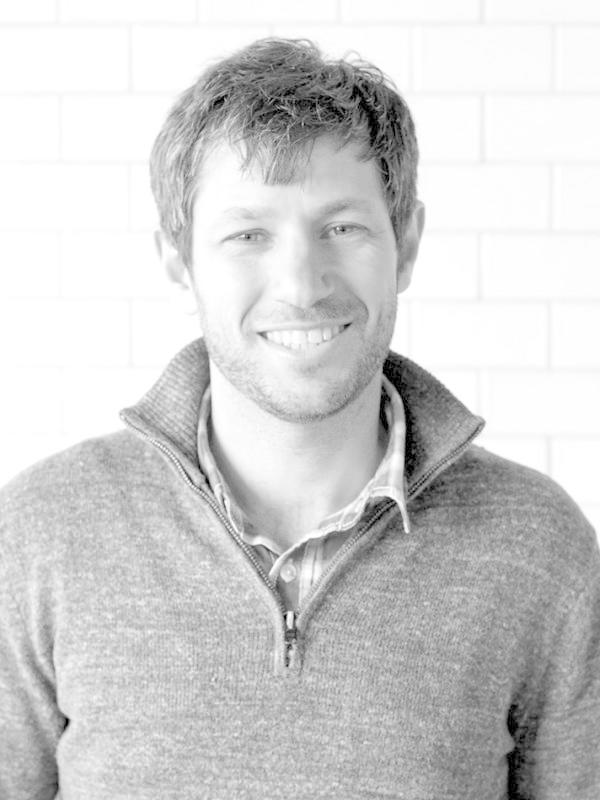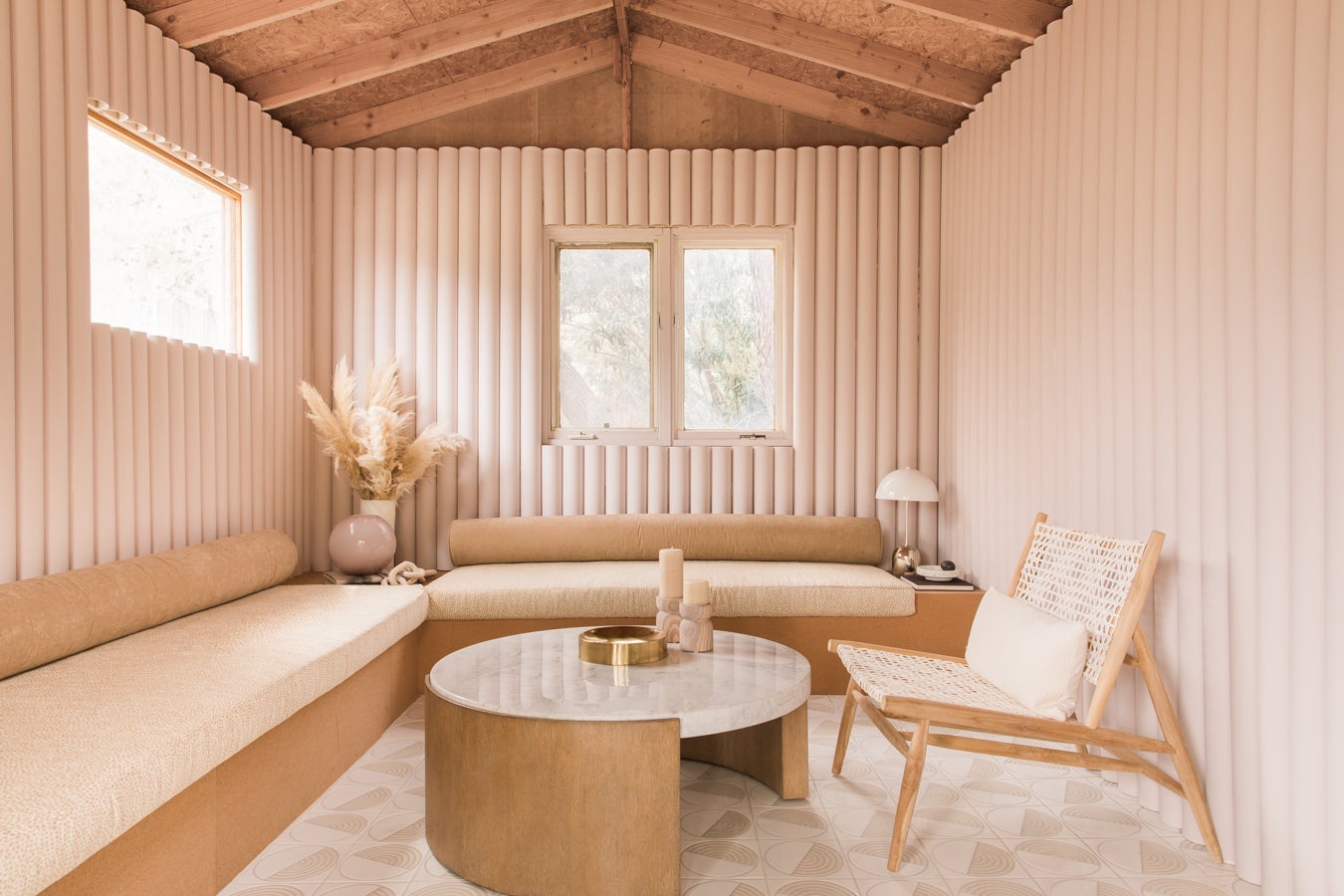In 2009, Eric Edelson had recently graduated from Stanford’s MBA program after a five-year career in finance. He had the kind of resume that most people would parlay into a career at an investment bank, or, maybe more accurately since Edelson lives in the Bay Area, a fintech startup. Instead, he joined up with Fireclay, a small ceramic tile manufacturer struggling to cope with the Great Recession—and that choice has made all the difference.
A little over a decade later, Fireclay is a vastly different operation, Edelson tells host Dennis Scully on the latest episode of the Business of Home podcast. Down from a low of 20 employees, the company now fields 150. Revenue—even amidst a pandemic—is way, way up from its 2009 nadir. Perhaps most importantly, the company has an entirely new business model, going direct to designers and homeowners instead of through showrooms, the result of a revelation that Edelson describes as his Jerry Maguire moment.

“I woke up in the middle of the night, ran to my computer and wrote this manifesto about how we need to build a brand, we needed to go direct, we needed to take control of our business,” he says. “We spent all of 2013 building that, then relaunched the company in 2014 with this completely new mindset of being fully direct, highly customer-oriented, and that’s been the story ever since.”
Though many in the tile business assumed the shift would fail, it didn’t. In fact, Fireclay has grown considerably by going direct. Another move that many were—and still are—skeptical of has been Edelson’s pursuit of B Corporation status (for companies that balance profit with social and environmental performance, public transparency and legal accountability). The B Corp certification process is slow and incremental, but Edelson says it has paid off.
“It’s led to massive increases in revenue, huge increases in profitability, a lot of love from clients,” he says. “We firmly believe that with a stakeholder approach, we can still be a really successful business.”
Listen to the episode and check out some takeaways below. If you like what you hear, subscribe to the podcast here. This episode was sponsored by Moore & Giles Leather.
DRIVEN TO DO GOOD
Pursuing sustainable manufacturing and a supportive workplace for employees seems like things that every business should do, just because. However, says Edelson, there’s a strong business incentive to do good, even aside from a more productive team. “This up-and-coming generation, they want purpose-driven brands that stand for something, that have an environmental or sustainability mission,” he says. “So being able to reinforce that directly is of paramount importance.”
SUCCESS IN SAMPLING
Though sampling costs are the bane of many a company in our industry, Edelson embraces the reality that he’s in the business of giving a whole lot of tile away for free. He’s careful to do it in a thoughtful way (each sample order is packaged carefully, bundled with marketing collateral and signed by an employee at Fireclay), but Edelson recognizes that his product’s Instagrammability and relationships with influencers have made a huge difference. “So many of the decisions we’ve made at Fireclay can be chalked up to 10 conversations I’ve had over my life. One of those was a really special entrepreneur in the beauty business,” says Edelson. “As I was leaving, he literally grabbed me by the shirt and said: ‘I forgot one thing. Just give it away. Give it to anyone who will talk about it.’”
CONFIDENCE IN THE FUTURE
Coronavirus shutdowns certainly shook Edelson up, especially in March. However, Fireclay was able to return to manufacturing before long, and has continued to pursue key initiatives like an employee stock ownership program and a big expansion of manufacturing space. Pandemic or no, Edelson is betting on the future of tile. “I always joke that our biggest competitor is paint,” he says. “For us, I feel really confident that there’s a lot of business to be had, and our customer base is going to be more and more demanding brands that have purpose.”





























